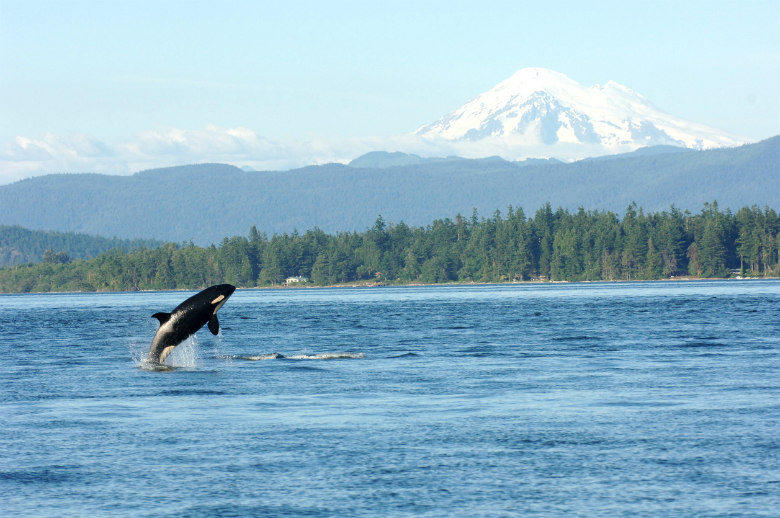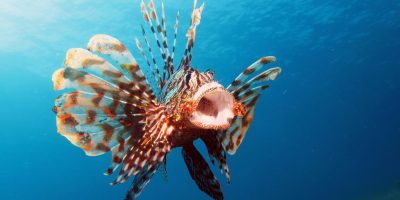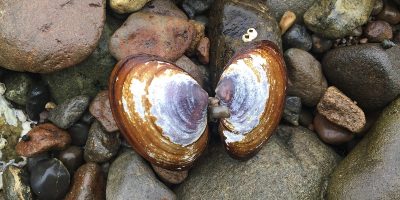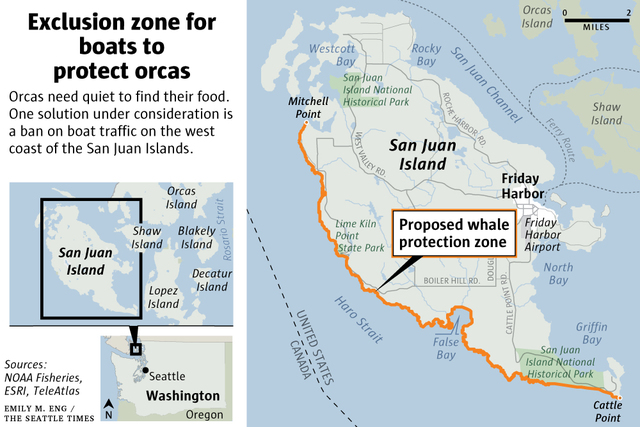By Kienan valdez, Biology undergraduate
Ecotourism is defined as, “tourism to places having unspoiled natural resources, with animal impact on the environment being a primary concern“. Marine tourism, in particular, is essentially partaking in recreational activities with a focus on the marine environment. Activities typically include whale watching off the coast, swimming with dolphins, and even “pinniped viewing.” Although this all sounds like fun and games, like many things in this world, there are extreme benefits but also detrimental consequences. So what are the pros and cons of a seemingly benign industry? Let’s talk about it.
The Pros
There are numerous benefits to marine mammal-based tourism. First off, ecotourism implies a level of awareness from the tourist which could lead to further implications. Marine tourism allows for first hand exposure to the ocean and its ecosystems to the public. This exposure has the potential to spark a passion within someone to elevate their awareness to the environment to the point where this person is now considering the impacts of human activity upon the earth. This perspective creates a prominent educational component associated with marine tourism, which could increase the personal value of the experience as a whole.
Second, ecotourism has the ability to support the economy of a developing country or even a local town. Ecotourism is an alternate method of being able to exploit a natural resource, in this case to illustrate the natural wonders of marine organisms. Ecotourism is a lucrative industry, and it is growing. For boat-based whale watching alone, the number of observers has increased from 4 million in 31 countries in 1991 to 13 million in 119 countries in 2008 with an estimated business value at $2.1 billion. Ecotourism grants countries and towns that rely on the ocean’s resources the ability to sustain an economy, which could ultimately lead to improved livelihoods for many families in coastal regions. As this industry continues its growth, employment grows and a consistent flow of income is created. From an economical standpoint, ecotourism has the potential to change millions of lives as well as help build a foundation for the economic infrastructure of a developing region or country.
The Cons
In week 3 of the 2018 Bevan Series, we were greeted by Lynda Mapes, the environment reporter at The Seattle Times. In a news article she wrote, Mapes elaborates on the fact that a new study has found orca whales could disappear within a century, caused in part by noise pollution. Vessel traffic creates a noisy environment, and as it gets louder, the orcas must allocate more time and energy echolocating to find their primary food source, Chinook salmon, that is also experiencing a decline in numbers. If we put this into the context of marine mammal-based tourism, boats that carry ecotourists could be producing excess noise for the very creatures they are trying to observe. This puts stress on the animals by reducing chances to find food and possibly by scaring away their sources of food.
Another con of ecotourism is anthropogenic CO₂ emissions. Travelers have to get from point A to B in some way, shape, or form. To do this a motorized vehicle as means of transportation is almost unavoidable. Whether you’re flying across the ocean in a plane, watching whales off the coast in a boat, or driving to the beach to look for seals, you are emitting CO₂. In a paper by J.-P. Gatusso et al (2015) they say that if we continue business as usual, we could see major effects around the globe from climate change.
The Possibilities
Despite the negative consequences of ecotourism, I believe the positive implications far outweigh the negatives. However, improvements should be made. To reduce the effects of noise pollution on orca whale populations in the Puget Sound, boats and other motorized water vehicles should be required to be a certain distance from a designated zone to reduce the noise level experienced by the marine mammals. The idea of a protection zone has already been proposed and was mentioned in Mapes’ article:
…which extends three-quarters of a mile offshore of San Jaun Island from Mitchell Point in the north to Cattle Point in the south.
This could allow the orcas to find their food at a much quicker rate than before with higher efficiency.
You are part of the solution
Do not feel discouraged about the ecotourism industry, because a lot of good can come out of it. You’ll be a part of the big picture solution by supporting the local economy, becoming more aware of issues, and educating yourself about the stunning wildlife and biodiversity that surrounds you.
References & further readings
Lynda V. Mapes website
Mapes, Lynda V. “Orcas Headed to Extinction Unless We Get Them More Chinook and Quieter Waters, Report Says.” The Seattle Times, The Seattle Times Company, 26 Oct. 2017, www.seattletimes.com/seattle-news/environment/orcas-headed-to-extinction-unless-we-get-them-more-chinook-and-quieter-waters-report-says/.
Maddalena, Bearzi. “Wondering about the Economic Impact of Ecotourism on Marine Mammals? Read Here….” Changing Planet, National Geographic, 10 Jan. 2018, blog.nationalgeographic.org/2018/01/10/wondering-about-the-economic-impact-of-ecotourism-on-marine-mammals-read-here/.
Gattuso et al, J. -P. “Https://Www.climateemergencyinstitute.com/Uploads/2015_June_Ocean_CO2_RCP2_6.Pdf.” Science Magazine, vol. 349, no. 6243, 3 July 2015, doi:http://dx.doi. org/10.1126/ science.aac4722.







Leave a Reply